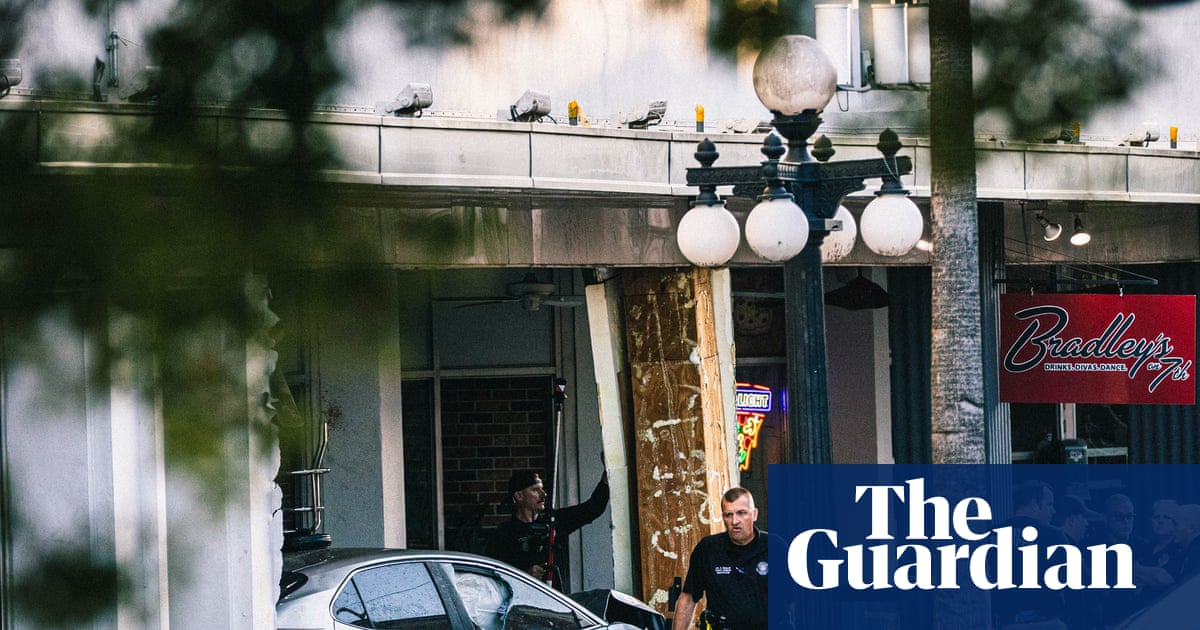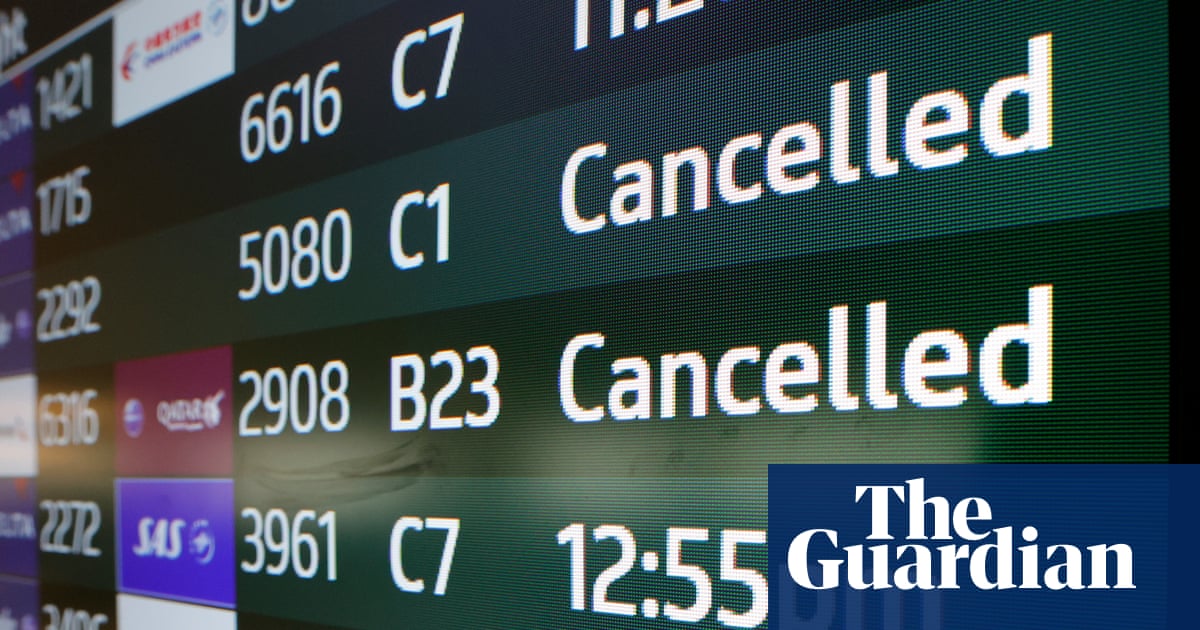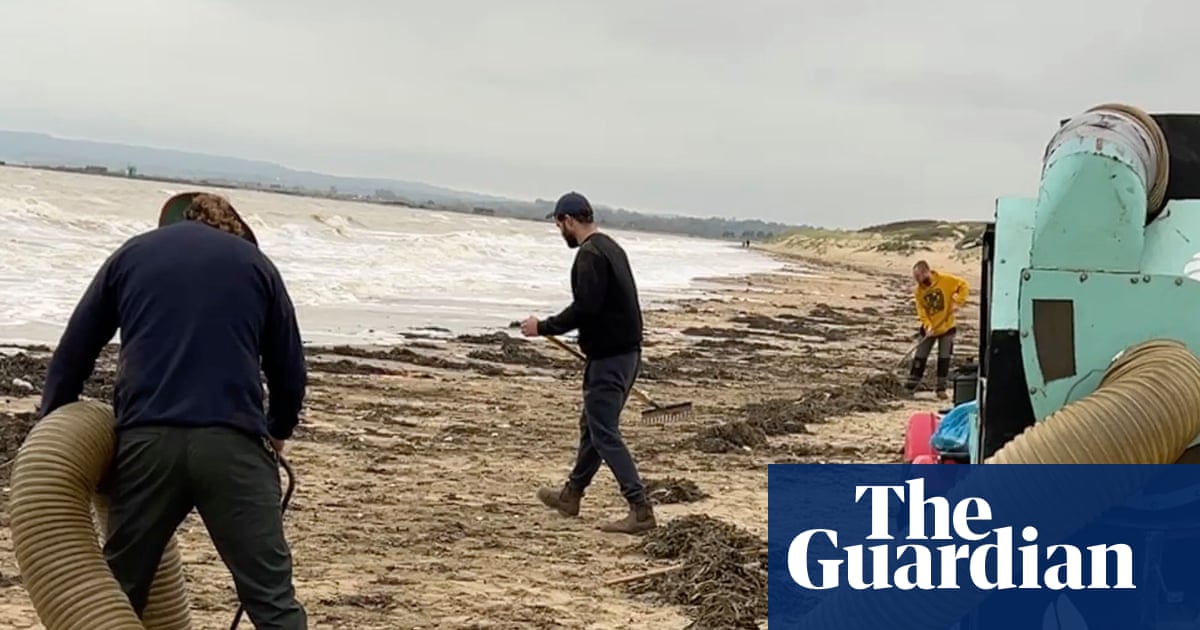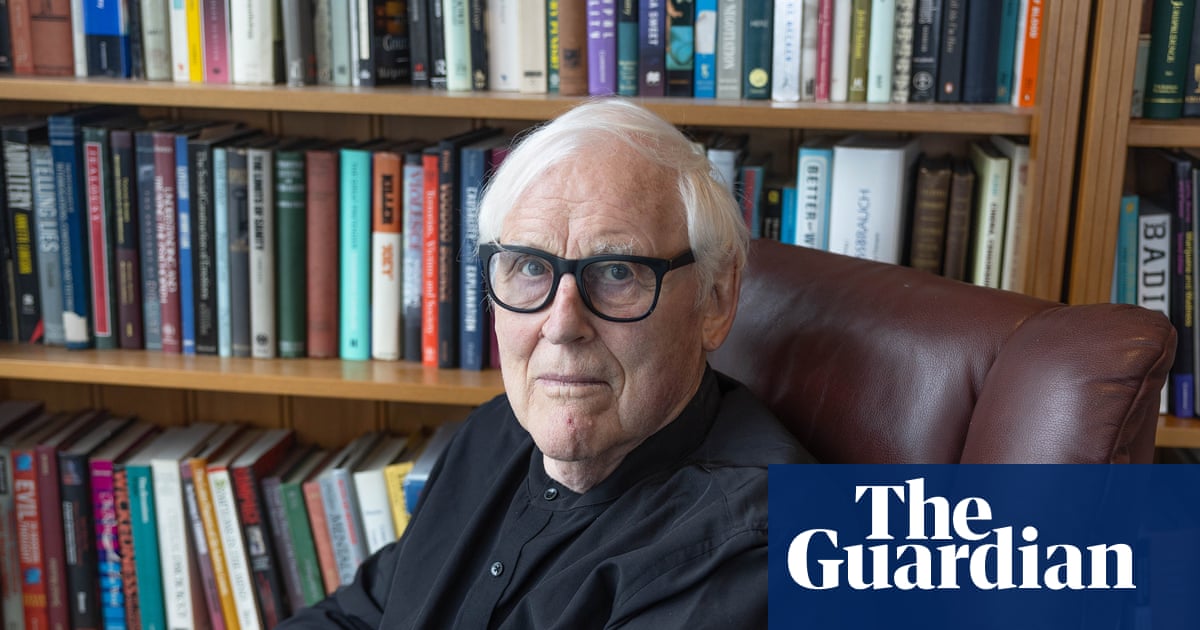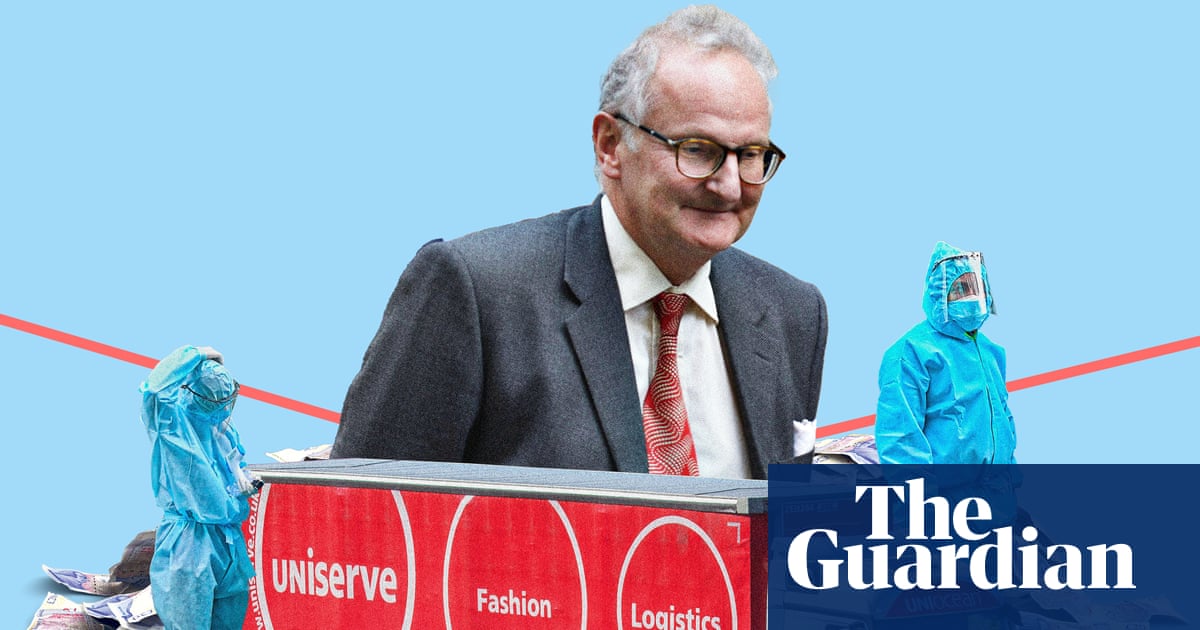The people of Gaza did not need this week’s official confirmation from UN-backed hunger experts that the “worst-case scenario of famine” was unfolding there. For months they have watched as their children waste away.
“All my children have lost nearly half of their body weight,” said Jamil Mughari, a 38-year-old from Maghazi in central Gaza. “My daughter, who is five years old, now weighs only 11kg. My son Mohammad has become just skin and bones. All my children are like this.
“I myself used to weigh 85kg, and now I’m down to 55.”
He was struggling to sustain the strength required to find food for his family. “Sometimes, while walking in the street, I feel dizzy and that I’m about to collapse, but I force myself to stay upright. I also sometimes experience shivering,” he said.
Over the course of the week, Gaza passed two appalling milestones. The official Palestinian death toll passed 60,000, although the real figure, including those buried under the rubble from Israeli airstrikes, is likely to be far higher.
The human cost is likely to continue to rise steeply as starvation catches up with bombs and gunfire as an indiscriminate killer. On Tuesday, the Integrated Food Security Phase Classification (IPC), a panel of experts from the UN and other aid organisations, which had long warned of the threat of famine, confirmed that the line had been crossed.
“The worst-case scenario of famine is currently playing out in the Gaza Strip,” the IPC said, as it called for a ceasefire to prevent further “catastrophic human suffering”.
The 2.2 million people of Gaza have long been experts in hunger, forced to scavenge for food each day in the face of Israel’s deliberate and severe restrictions to aid deliveries.
Mughari said that food was almost nonexistent: “We can go for a week or two without any flour. Sometimes we only have one meal a day, which is lentils, and sometimes we find nothing at all to eat – we spend the day drinking water just to feel full.”
His family has had to move seven times since the war began, forced to flee repeated Israeli offensives. But there was no way to escape the hunger that now grips the entire territory.
“Sometimes we get lentils from donations or charitable people, or we borrow some money to buy them, that’s it,” he said. “We don’t receive any food aid from soup kitchens; those are only for certain camps, in small quantities.
“They [Israelis] spread news about aid coming in, but only the strong and those with weapons seize the trucks and sell the goods at extremely high prices. How can the poor afford to buy them at such prices?”
The four food distribution sites across Gaza run by the Gaza Humanitarian Foundation are open for only a few minutes a day, leading to huge crowds of desperate people, who have come under Israeli fire while seeking humanitarian assistance, leading to mass casualties.
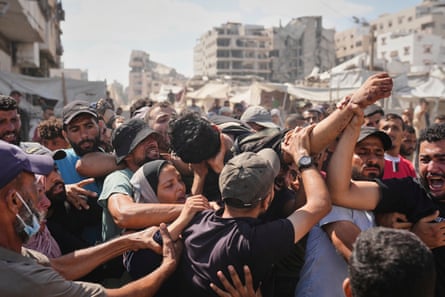
Mansoura Fadl al-Helou, a 58-year-old widow, is too frail to go to the distribution points and refuses to let her son go, for fear he would not come back alive.
“The situation there is terrible and very dangerous. The worst part is the chaos among the men – people pushing and throwing each other to the ground,” she said. “Only my one son is here, but I always stop him from going near the aid trucks because of the danger posed by the army. I couldn’t bear to see him come back to me as a martyr.”
Mughari has undergone open-heart surgery and all his children are under 12. Even if they wanted to risk their lives for the chance of finding food, they are unable to.
“I try to remain steadfast so I can provide my children with anything to eat,” he said. “We have sent many messages to the world, but no one has moved. We no longer know what to say. All I can tell the world is that we are dying slowly, save us from this tragedy.”
Among the horrors the Israel-Gaza war has brought to its people, the torture of parents seeing their children starve and being powerless to save them is surely one of the worst.
“My youngest daughter is 14 years old, and her ribcage bones are clearly visible due to extreme weakness and malnutrition,” said Abu al-Abed, a father from Deir al-Balah. “I have four daughters and three sons. They suffer from dizziness and fatigue because of the lack of food. If I, their father, feel this way, how much worse must it be for them?”
He said they did not receive any aid and that the food market was expensive and they could afford to buy only a little there. “The prices are extremely high; they haven’t reached such levels of inflation even in European countries. And here in Gaza, there is no source of income at all.
“There used to be soup kitchens in the area, but now they no longer exist. There are no places that provide free food any more.
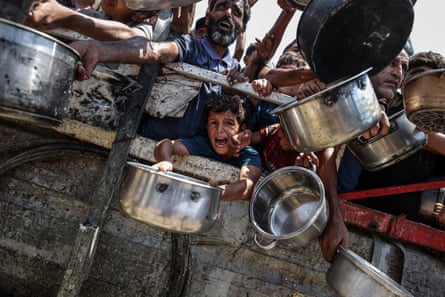
He said he no longer believed the world had any sense of responsibility. “For years, they boasted about human rights and the protection of lives. What I see now is that all of this was a lie, we were deceived by these slogans.
“If we had asked them to protect the rights of animals in Gaza, they would have responded immediately and done the impossible. But when it comes to the rights of the Palestinian people, no one remembers us or feels for us, not the Arabs, not the Muslims, not the Christians, no one.”
The official IPC recognition of what the people of Gaza knew only too well – that they are starving – brought some faint hope that the outside world would finally stir itself to act, though long experience did not bring much confidence that would happen.
Al-Helou said: “We have been suffering from this famine for a long time, and no one has acted. I hope that through this message, the world will finally move to help us and save us from this slow death.”
The news of the UK’s pledge to recognise Palestine in September, barring a ceasefire and a fundamental change in direction from Israel, impressed her even less.
“I don’t know what would change if the British government recognises the state of Palestine. What kind of state has no sovereignty, no right to self-defence?” she asked. “It’s a good step to recognise us and the state of Palestine, but it should be a real recognition – not symbolic. A state with real rights, real sovereignty, and a people with rights like any other nation.”

 3 months ago
92
3 months ago
92



